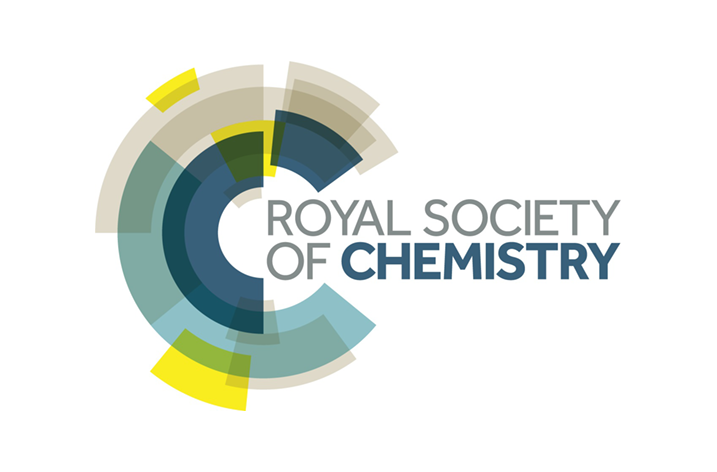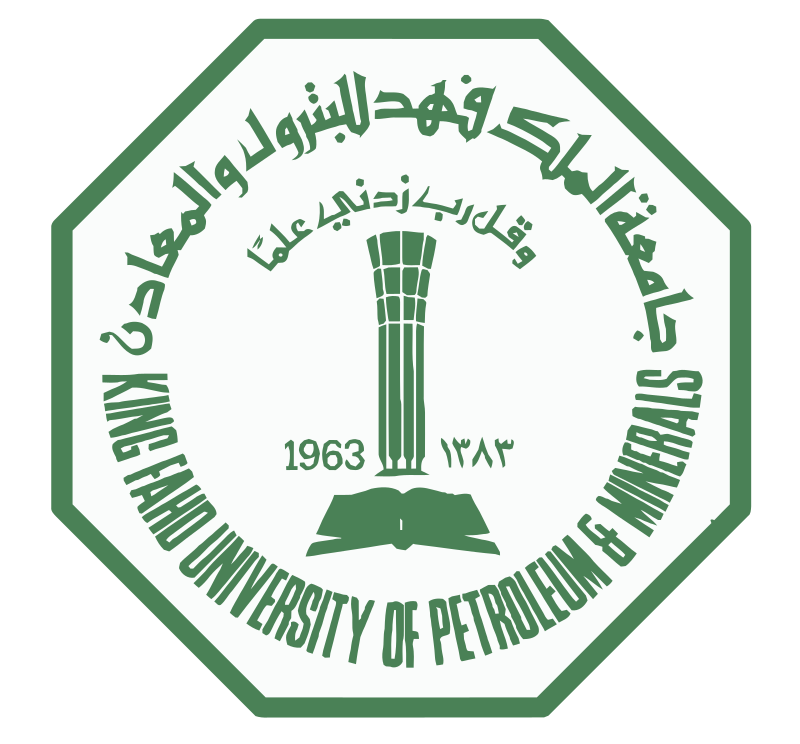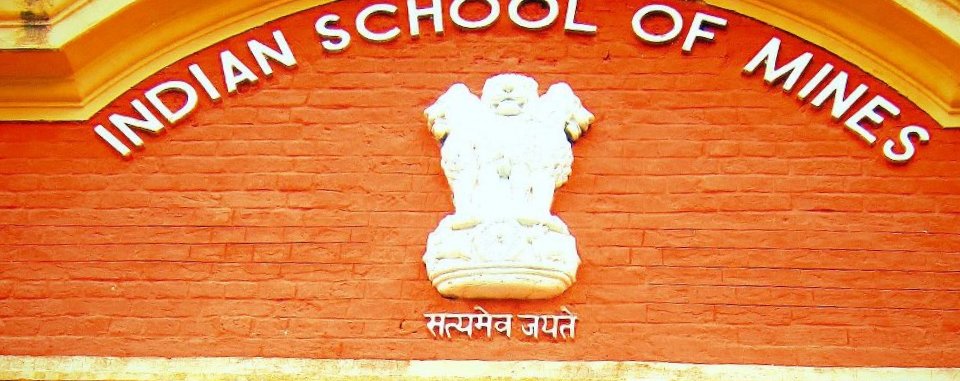 The University of Texas (UT) at Austin does not have the authority to revoke degrees, a Texas judge ruled yesterday in a case involving a chemist whom the university alleges committed misconduct.
The University of Texas (UT) at Austin does not have the authority to revoke degrees, a Texas judge ruled yesterday in a case involving a chemist whom the university alleges committed misconduct.
UT revoked Suvi Orr’s PhD in 2014, two years after the retraction of a paper that made up part of her thesis because, according to the retraction notice, some of the study was not reproducible. The university told Orr — who earned her PhD in 2008 and is now a researcher at Pfizer — that “scientific misconduct occurred in the production of your dissertation,” according to a letter to Orr from Judith Langlois, senior vice provost and dean of graduate studies.
Orr sued UT, which reversed its decision but then tried to again revoke her degree, at which point she sued again, this time also requesting the university cover her legal expenses. Orr alleges in the suit that she was being used as a “sacrificial lamb” to protect her former advisor, who she said made the errors in the paper. Continue reading University of Texas lacks authority to revoke PhDs, judge rules









